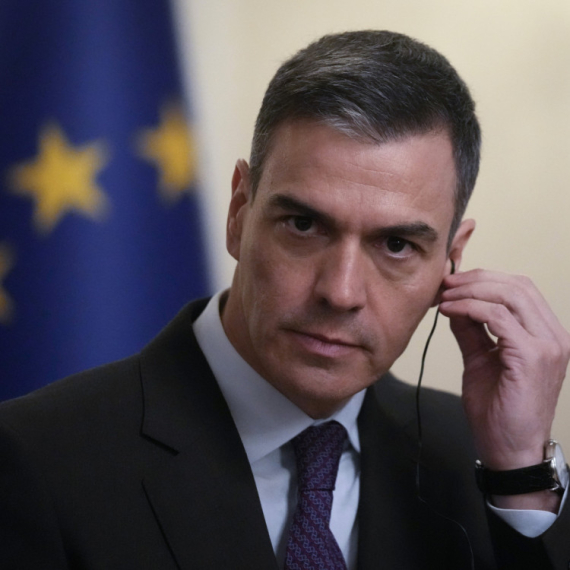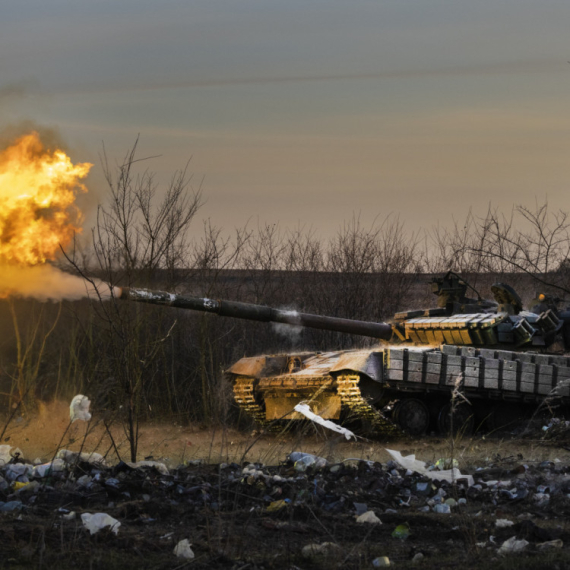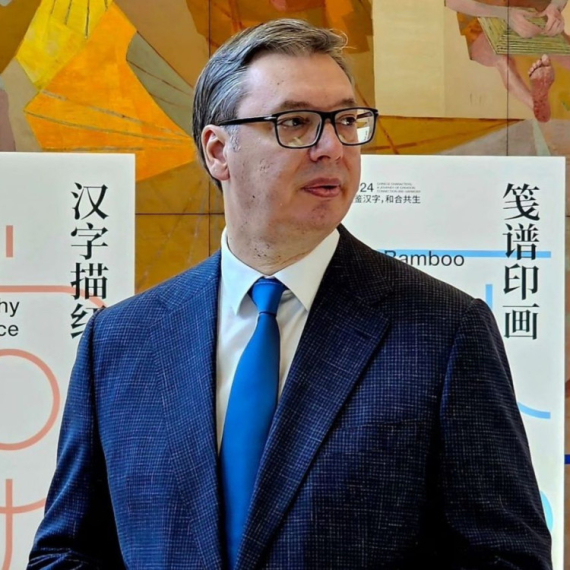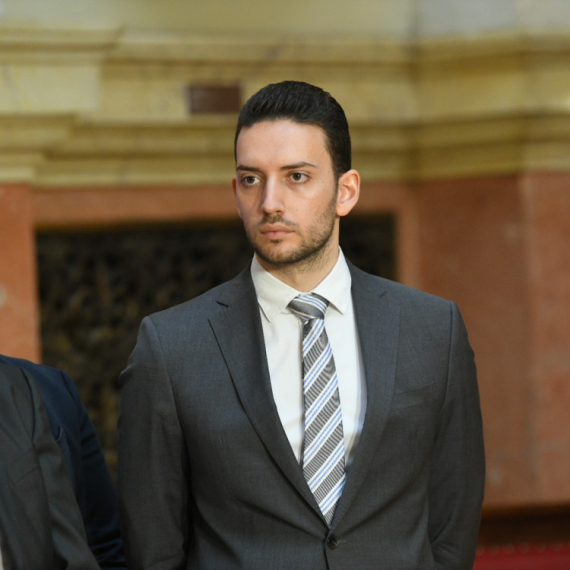"Significant part of EU opposes Kosovo recognition"
A British analyst says a "large number" of EU member states oppose a declaration of Kosovo's independence.
Tuesday, 04.09.2007.
15:47

A British analyst says a "large number" of EU member states oppose a declaration of Kosovo's independence. In the opinion of Dr. Jonathan Eyal, an analyst at London’s Royal United Services Institute, this could lead to the province having a status similar to that of Taiwan. "Significant part of EU opposes Kosovo recognition" He told the BBC that, "Interestingly, on the subject of a (unilateral) proclamation of independence, the split doesn’t run along east-west European lines. Spain, Romania, Slovakia, and even Great Britain all have their doubts." Eyal believes that a U.S. recognition of Kosovo's independence would put the EU into a difficult position. "I don’t see how the EU could agree to recognition of a unilateral declaration of independence, just as I doubt the Americans would refrain from it. For Washington, Kosovo represents an opportunity to show Russia that it does not have a right to veto security issues in Europe," said Eyal. That is why the analyst believes that the solution will be to give Kosovo a status similar to that of Taiwan. "The EU won’t recognize Kosovo as an independent country, but will de facto cooperate with it, in terms of recognizing passports, opening information bureaus instead of diplomatic missions in Pristina," he said. Eyal added that the EU could even persuade the authorities in Pristina to accept the presence of European armed forces in the field, which would take care of law and order, and such a "strange arrangement" would allow the EU to avoid not only a Russian veto, but also conflict with Washington. The analyst thinks that it is unusual that "amidst this Russian and American one-upmanship, few people have bothered to consider the international consequences, which could end up being very serious." "It’s the West that is breaching international law if it recognizes Kosovo," he warned, explaining that it would be most detrimental to western Europe, as the U.S. "has never recognized the supremacy of the UN and the Security Council in matters of international law," recalling that the U.S. had bypassed the Security Council in 1999 when it bombed Yugoslavia over Kosovo. Eyal told the BBC that he does not entirely ruled out the possibility of talks between Belgrade and Pristina continuing beyond December 10. The analyst believes that retaining the status quo isn’t "overly attractive", although it is certainly "on the table." "Sadly, the Kosovo question has now gone far beyond just determining its status and has become the subject of a serious dispute between the U.S. and Russia. I am afraid the State Department may decide to recognize a unilateral declaration of Kosovo independence," concluded Eyal.
"Significant part of EU opposes Kosovo recognition"
He told the BBC that, "Interestingly, on the subject of a (unilateral) proclamation of independence, the split doesn’t run along east-west European lines. Spain, Romania, Slovakia, and even Great Britain all have their doubts."Eyal believes that a U.S. recognition of Kosovo's independence would put the EU into a difficult position.
"I don’t see how the EU could agree to recognition of a unilateral declaration of independence, just as I doubt the Americans would refrain from it. For Washington, Kosovo represents an opportunity to show Russia that it does not have a right to veto security issues in Europe," said Eyal.
That is why the analyst believes that the solution will be to give Kosovo a status similar to that of Taiwan.
"The EU won’t recognize Kosovo as an independent country, but will de facto cooperate with it, in terms of recognizing passports, opening information bureaus instead of diplomatic missions in Priština," he said.
Eyal added that the EU could even persuade the authorities in Priština to accept the presence of European armed forces in the field, which would take care of law and order, and such a "strange arrangement" would allow the EU to avoid not only a Russian veto, but also conflict with Washington.
The analyst thinks that it is unusual that "amidst this Russian and American one-upmanship, few people have bothered to consider the international consequences, which could end up being very serious."
"It’s the West that is breaching international law if it recognizes Kosovo," he warned, explaining that it would be most detrimental to western Europe, as the U.S. "has never recognized the supremacy of the UN and the Security Council in matters of international law," recalling that the U.S. had bypassed the Security Council in 1999 when it bombed Yugoslavia over Kosovo.
Eyal told the BBC that he does not entirely ruled out the possibility of talks between Belgrade and Priština continuing beyond December 10.
The analyst believes that retaining the status quo isn’t "overly attractive", although it is certainly "on the table."
"Sadly, the Kosovo question has now gone far beyond just determining its status and has become the subject of a serious dispute between the U.S. and Russia. I am afraid the State Department may decide to recognize a unilateral declaration of Kosovo independence," concluded Eyal.
























































Komentari 26
Pogledaj komentare